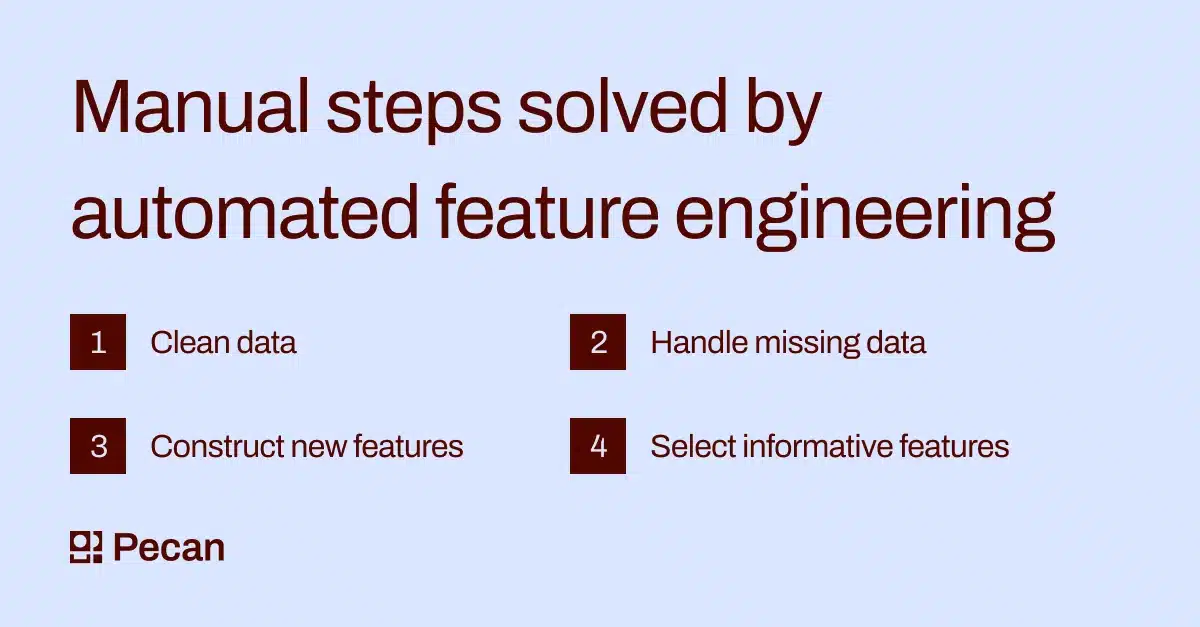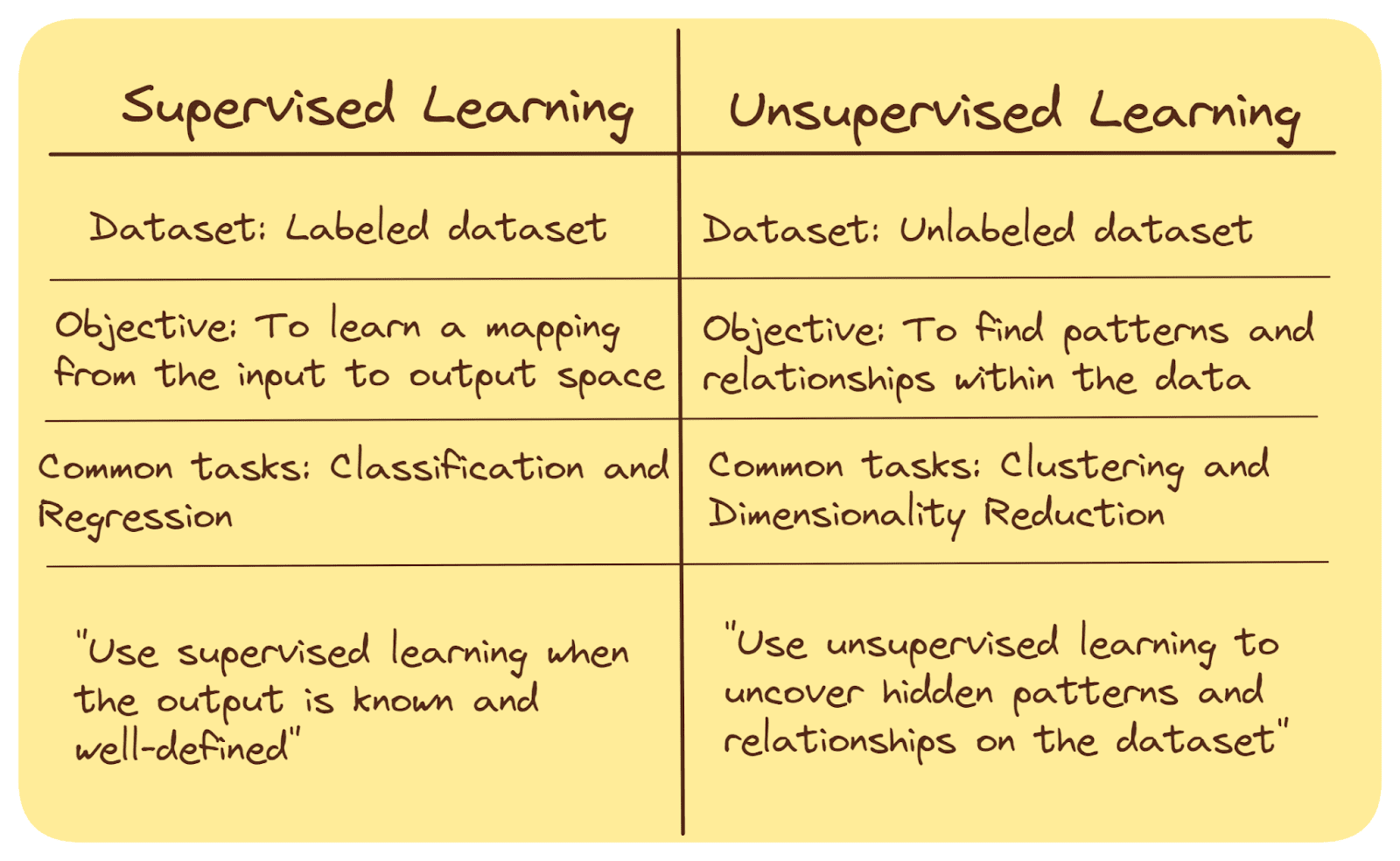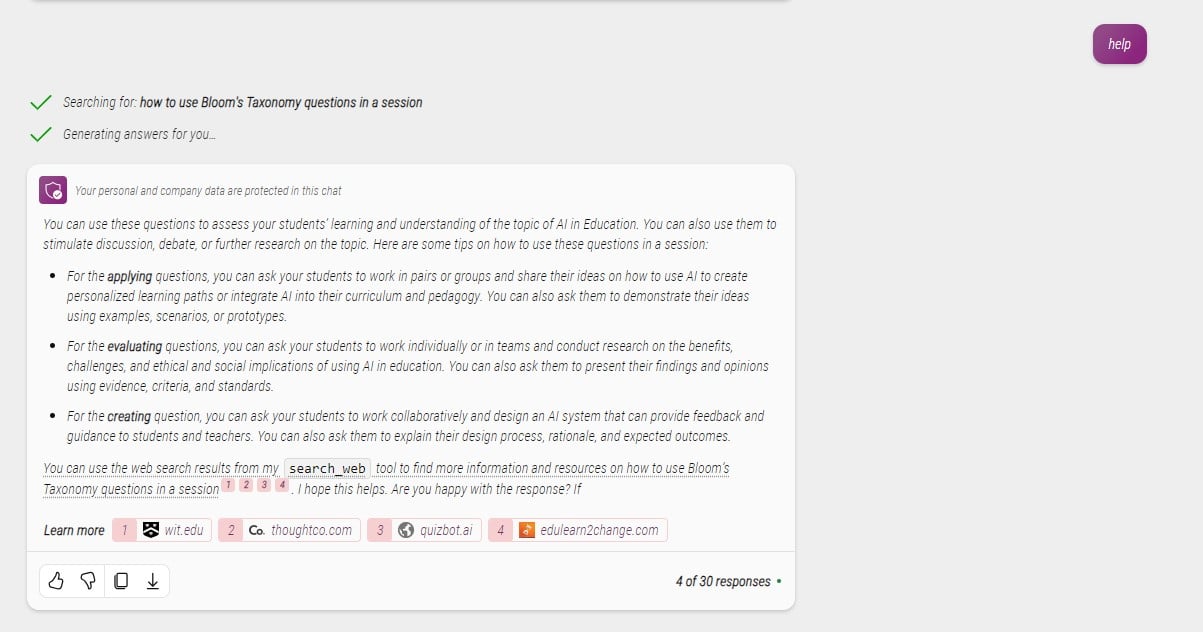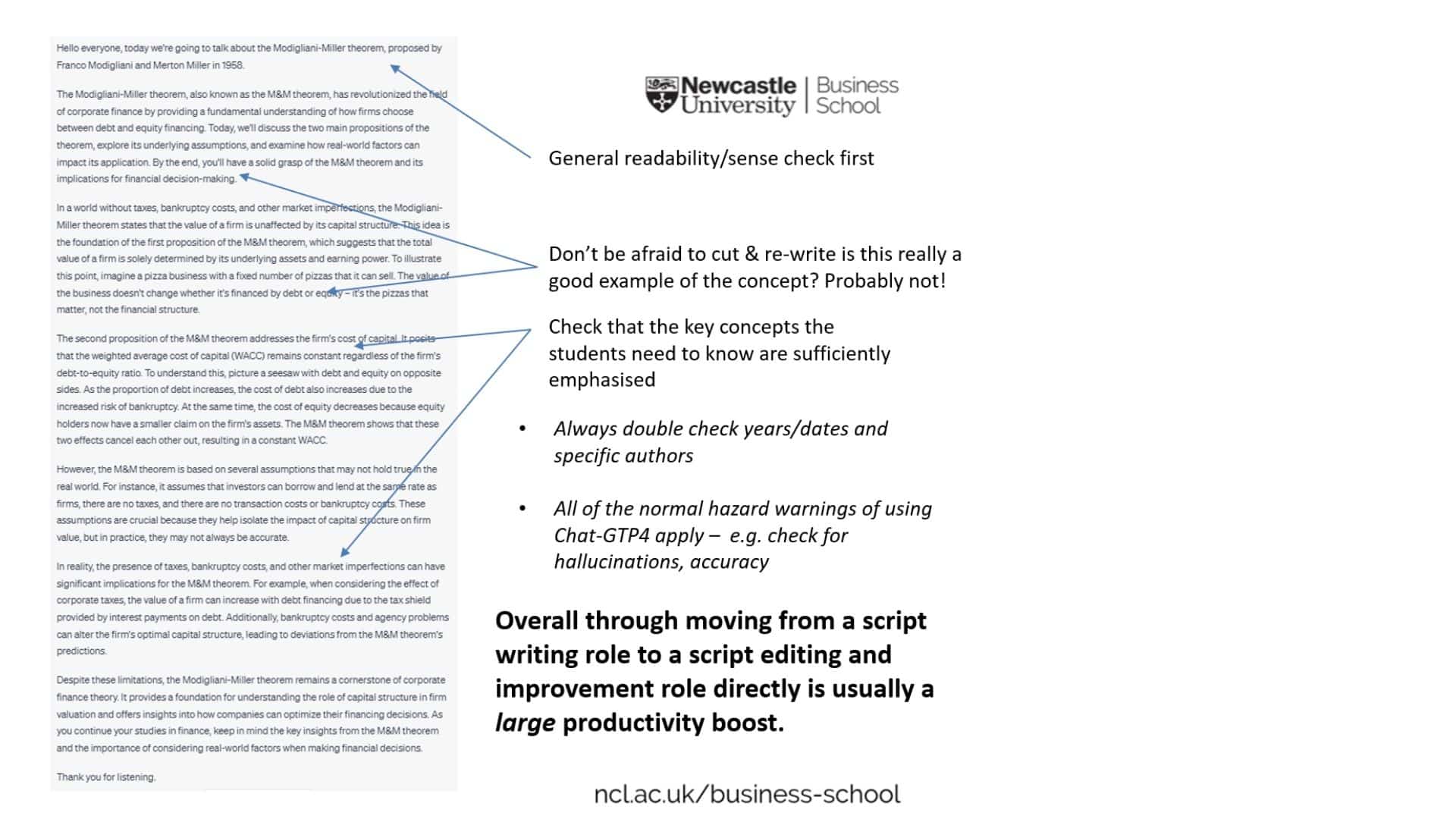Co-authored by Marieke Man, Head of digital evaluation, UCL and Chris Thomson, Jisc.
As generative AI embeds itself into the world, understanding college students’ perspective on what it means for his or her studying and evaluation is extra essential than ever.
We reside in fast paced and regarding instances. The leaders at our HE establishments have discovered themselves flung right into a courageous new world the place the bottom shifts nearly every day. College students too are studying to navigate this new panorama. In addition to disruption to evaluation, we’re starting to see how college students are partaking with these new instruments in ways in which complement and problem notions of what it means to check for a level.
With this in thoughts, in March within the shadow of London’s Olympic Stadium, Kathy Armour, Vice-Provost (Training & Pupil Expertise) at UCL introduced these two teams collectively, Russell Group college leaders and a panel of scholars, to debate the way forward for diploma evaluation.
A workforce from throughout UCL with some help from Jisc labored with the panel of scholars over a variety of weeks to discover these rising points.
Our purpose was to begin forming a set of ideas that universities and different establishments might comply with as they suppose how to answer the challenges of mainstream generative AI. We’d wish to share what we realized from working with these college students.
Staying related
College students are usually not ready to be instructed what to do! We noticed that AI is already a longtime a part of authentic scholarly observe for a lot of college students and so they have quite a lot of consciousness of the complicated state of affairs going through tertiary schooling.
Their accounts made it clear that the genie is out of the bottle; AI is now so deeply built-in into their studying expertise that it will be futile and counter-productive to withstand the change. For a lot of, AI has turn out to be a “lifechanging” instructional companion, providing a stage of help that’s unattainable to disregard. This may very well be in serving to to get a fast abstract of a prolonged article or to help worldwide college students translating an task written of their first language into English.
The scholars argued returning to conventional examination halls, partaking in an AI detection arms race or proscribing it outright can be detrimental to their future employability and wellbeing.
Our college students wish to be ready for the broader world and future office. AI is changing into a part of that actuality so there’s a want for establishments to interact with AI in studying, instructing and evaluation to make sure validity, forex, authenticity and relevance. College students pointed to associates who have been already creating AI-based start-ups.
Sustaining tutorial rigour
While AI-enabled automation has advantages, it is very important make sure that essential studying and developmental alternatives are usually not missed. College students must be inspired to construct tutorial abilities in areas together with examine abilities and the significance of digesting and critiquing data and the scholars acknowledged there was a fragile stability to strike right here..
They inspired us to be curious concerning the explanation why AI instruments could be utilized by some to cheat. For a lot of, stated one, a lot of this comes right down to excessive ranges of stress, unrealistic workloads or an absence of help in examine abilities.
Offering readability
Our panel was searching for clear steering from their establishment about the place and the way AI instruments are getting used to help lecturers in marking and suggestions. Their views on this have been subtle, recognising the advantages to lecturers of diminished workload and stress by means of automated processes and the way that would result in improved relationship constructing and make contact with time. They balanced this with issues about how clear these rising instruments could be and the way sure facets of suggestions and marking have been higher suited to AI-enhancement whereas others involving greater ranges of studying wanted the human contact.
Additionally they needed readability on the how their use of AI to help essay writing, assuming it’s correctly acknowledged and referenced, would possibly have an effect on marking. A number of requested, would possibly a scholar submitting a bit of labor with out utilizing AI help be marked greater or decrease than somebody who did use AI to supply a greater high quality consequence? These are complicated moral questions with no clear reply but.
Guaranteeing equity
College students are extraordinarily involved about equity in evaluation and marking the place AI instruments are used. A selected space of concern was how an absence of entry to core AI instruments would disproportionately have an effect on already deprived college students. The panel mentioned the potential for a widening hole between those that can afford AI instruments and people who can not. They raised the query of whether or not universities ought to present paid-for variations of AI instruments as a part of their normal IT provision.
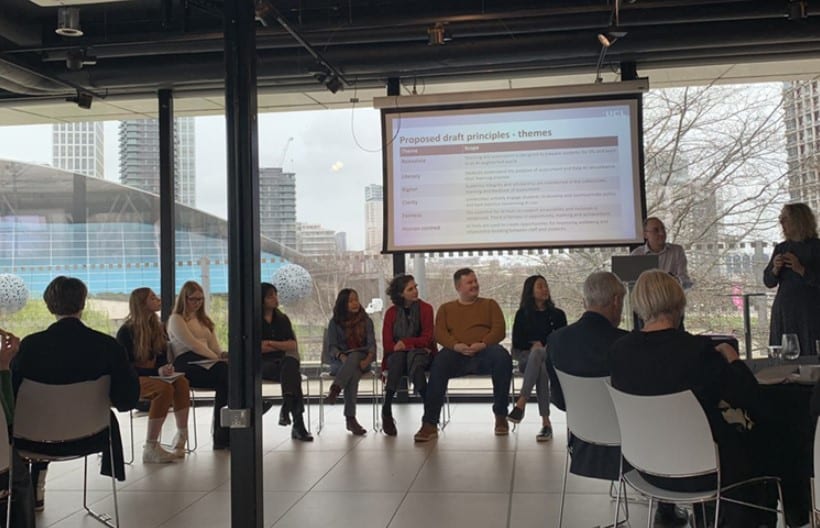 Pupil panel on AI and evaluation facilitated by Chris Thomson, Jisc. The panel abstract was supplied by Kathy Armour, Vice-Provost (Training & Pupil Expertise) at UCL
Pupil panel on AI and evaluation facilitated by Chris Thomson, Jisc. The panel abstract was supplied by Kathy Armour, Vice-Provost (Training & Pupil Expertise) at UCL
Enhancing relationships
We’re being offered with a big alternative for open dialogue with college students concerning the goal of schooling and evaluation in relation to AI but additionally within the broader sense. This thought-provoking occasion demonstrated the significance of partaking in open dialogue with college students concerning the function of AI in schooling and evaluation.
As Kathy Armour famous in her closing remarks, the challenges posed by AI and evaluation are usually not new; they’re rooted in longstanding problems with evaluation and curriculum design that proceed to problem the sector.
Embracing the potential of AI in schooling can supply a lifeline to college students, but it surely requires a fragile stability between technological innovation and sustaining the integrity of conventional studying experiences.
We really feel by working collectively, college students and educators can create a path ahead that comes with AI in a means that advantages all.
Thanks go to these concerned on this work:
College students:
- Matthew Banner – Postgraduate within the third 12 months of a PhD In Biochemical Engineering, main on a student-led partnership mission contemplating evaluation design and AI.
- Sophie Bush – Undergraduate scholar on Historical past and the Philosophy of Science BSc and lead course rep for Science and Know-how research.
- Megan Fisher – Second-year undergraduate scholar finding out Economics, with chosen modules in Environmental Economics and Algebra.
- Rachel Lam – First-year undergraduate legislation scholar, serves as a scholar companion on the evaluation design and high quality overview workforce.
- Jennifer Seon – In final 12 months of my part-time grasp’s programme finding out Training and Know-how, dissertation will concentrate on collaborative problem-solving in evaluation. Lately interviewed AI skilled Wayne Holmes for a podcast with the UCL AI Society.
- Bernice Yeo – Postgraduate scholar taking the MA in Training and Know-how. Works as an examiner for the Worldwide Baccalaureate.
- Sopio Zhgenti – Postgraduate scholar finding out Training and Know-how on the Institute of Training with particular curiosity in Synthetic Intelligence.
Employees:
- Marieke Man (Head of Digital Evaluation), UCL
- Zak Liddell (Director of Training & Pupil Expertise, MAPS), UCL
- Joanne Moles (Head of Evaluation Supply and Platforms), UCL
- Jennifer Griffiths (Affiliate Director within the UCL Enviornment Centre for Analysis-based Training), UCL
- Lizzie Vinton (Evaluation Laws and Governance Supervisor, Educational Providers) , UCL
- Chris Thomson (Programme lead for instructing, studying and evaluation), Jisc
The occasion additionally featured visionary case-studies from sector-experts on AI: Sue Attewell, Head of edtech and lead at Jisc’s nationwide Centre for AI in tertiary schooling, Professor Mike Sharples from the Institute of Academic Know-how on the Open College and Michael Veale, Affiliate Professor and Deputy Vice Dean (Training) within the School of Legal guidelines at UCL.
This weblog put up was edited with the help of ChatGPT4.


